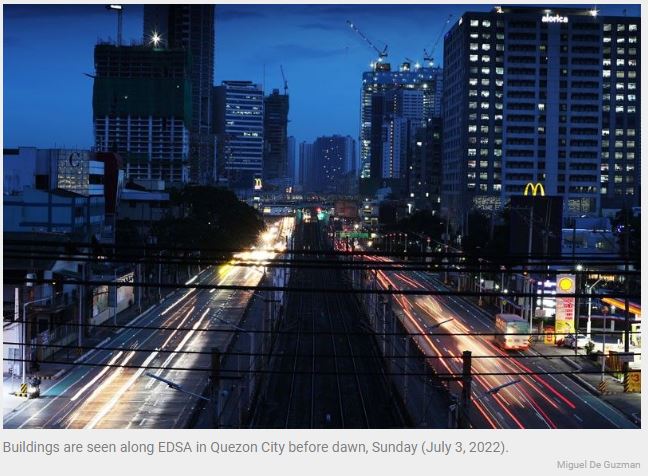Philippines: Banks’ real estate exposure eases to 21.8% in 1st half
MANILA, Philippines — The exposure of Philippine banks to the volatile property segment eased slightly to 21.8 percent in the first half from 22.2 percent in the same period last year, according to the Bangko Sentral ng Pilipinas (BSP).
Preliminary data from the BSP showed investments and loans extended by the banking industry to the property sector increased by more than six percent to P2.91 trillion in end-June from P2.74 trillion in end-June last year.
Lending to the sector rose by 4.3 percent to P2.44 trillion in end-June from P2.34 trillion a year ago. Commercial real estate loans grew by 6.7 percent to P1.58 trillion from P1.48 trillion, while residential real estate loans went up by 8.2 percent to P919.89 billion from P850.34 billion.
Statistics showed past due real estate loans declined by 5.7 percent to P141.32 billion in end-June from last year’s P149.88 billion. Past due commercial real estate loans decreased by 7.6 percent to P39.91 billion from P43.21 billion, while past due residential real estate loans slipped by 4.9 percent to P101.41 billion from P106.67 billion.
Amid uncertainties brought about by the global health crisis and elevated global inflation resulting in tighter monetary conditions, the gross non-performing real estate loans of domestic banks slipped by 3.2 percent to P116.58 billion in end-June from P120.44 billion a year ago.
This translated to an improved gross non-performing real estate loan ratio of 4.65 percent from 5.15 percent.
On the other hand, data from the BSP showed real estate investments in debt and equity securities stood at P401.26 billion from P400.17 billion.
The industry’s real estate exposure from January to June was well within the 25 percent ceiling set by the BSP.
As part of its COVID response measures, the BSP raised the real estate loan limit of big banks to 25 from 20 percent in August 2020 to free up P1.2 trillion in additional liquidity for lending.
To ensure that banks’ exposure to the property sector remains manageable, the BSP continues to maintain prudential measures including the real estate limit.
These measures also included the heightened surveillance of banks’ real estate and project finance exposures, and the real estate stress test thresholds for universal and commercial banks as well as thrift banks.
Source: https://www.philstar.com/business/2022/10/17/2217149/banks-real-estate-exposure-eases-218-1st-half


 English
English




